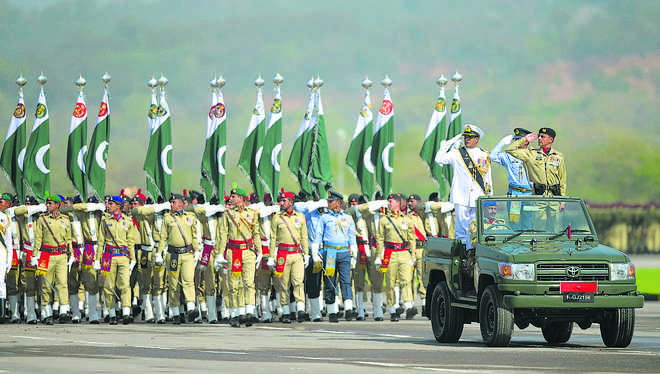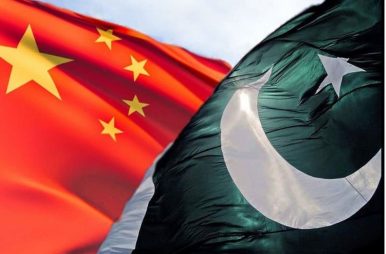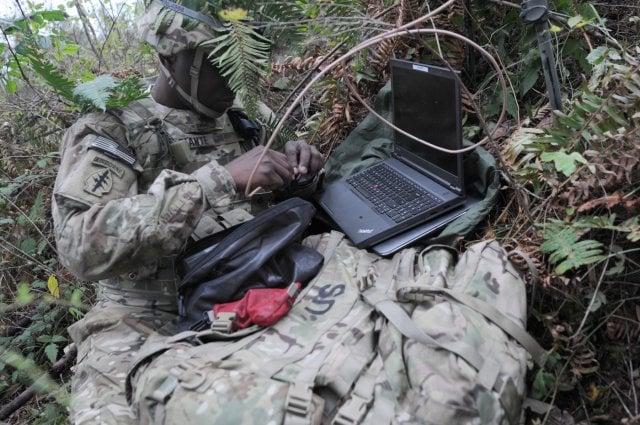By Ajit Ranade
 The big news this week was on two key prices. One is the price of the almighty dollar, and the other is the price of petrol (or diesel). These two are the most important price signals in the economy. And both are of imported items. India has a huge shortage of oil since domestic supplies meet barely one fifth of our requirement. We also have a perennial shortage of dollars, because what we can earn through exports is not enough to meet the needs of our imports. Other countries like Thailand, China, Malaysia have surplus dollars, since their exports exceed imports. Many of these countries started on par with India in terms of their exporting prospects, some 30 years ago. So, it is not as if we could not have planned better, to be not so pressed with a dollar shortage always. Similarly, many large countries have increased their domestic oil resources through exploration and development. The USA has now become the largest producer of crude oil ahead of Saudi Arabia and even Russia. India has large untapped reserves of oil and gas, which will take years to come to market. Until then, we live with an oil and dollar shortage. Ironically, our dollar shortage arises out of oil shortage, which is why the need to import. This year the import bill on oil alone may exceed 120 billion dollars, so a slide of the rupee-dollar rate from 68 to 72 means an excess bill of Rs 48,000 crores.
The big news this week was on two key prices. One is the price of the almighty dollar, and the other is the price of petrol (or diesel). These two are the most important price signals in the economy. And both are of imported items. India has a huge shortage of oil since domestic supplies meet barely one fifth of our requirement. We also have a perennial shortage of dollars, because what we can earn through exports is not enough to meet the needs of our imports. Other countries like Thailand, China, Malaysia have surplus dollars, since their exports exceed imports. Many of these countries started on par with India in terms of their exporting prospects, some 30 years ago. So, it is not as if we could not have planned better, to be not so pressed with a dollar shortage always. Similarly, many large countries have increased their domestic oil resources through exploration and development. The USA has now become the largest producer of crude oil ahead of Saudi Arabia and even Russia. India has large untapped reserves of oil and gas, which will take years to come to market. Until then, we live with an oil and dollar shortage. Ironically, our dollar shortage arises out of oil shortage, which is why the need to import. This year the import bill on oil alone may exceed 120 billion dollars, so a slide of the rupee-dollar rate from 68 to 72 means an excess bill of Rs 48,000 crores.
 The big news this week was on two key prices. One is the price of the almighty dollar, and the other is the price of petrol (or diesel). These two are the most important price signals in the economy. And both are of imported items. India has a huge shortage of oil since domestic supplies meet barely one fifth of our requirement. We also have a perennial shortage of dollars, because what we can earn through exports is not enough to meet the needs of our imports. Other countries like Thailand, China, Malaysia have surplus dollars, since their exports exceed imports. Many of these countries started on par with India in terms of their exporting prospects, some 30 years ago. So, it is not as if we could not have planned better, to be not so pressed with a dollar shortage always. Similarly, many large countries have increased their domestic oil resources through exploration and development. The USA has now become the largest producer of crude oil ahead of Saudi Arabia and even Russia. India has large untapped reserves of oil and gas, which will take years to come to market. Until then, we live with an oil and dollar shortage. Ironically, our dollar shortage arises out of oil shortage, which is why the need to import. This year the import bill on oil alone may exceed 120 billion dollars, so a slide of the rupee-dollar rate from 68 to 72 means an excess bill of Rs 48,000 crores.
The big news this week was on two key prices. One is the price of the almighty dollar, and the other is the price of petrol (or diesel). These two are the most important price signals in the economy. And both are of imported items. India has a huge shortage of oil since domestic supplies meet barely one fifth of our requirement. We also have a perennial shortage of dollars, because what we can earn through exports is not enough to meet the needs of our imports. Other countries like Thailand, China, Malaysia have surplus dollars, since their exports exceed imports. Many of these countries started on par with India in terms of their exporting prospects, some 30 years ago. So, it is not as if we could not have planned better, to be not so pressed with a dollar shortage always. Similarly, many large countries have increased their domestic oil resources through exploration and development. The USA has now become the largest producer of crude oil ahead of Saudi Arabia and even Russia. India has large untapped reserves of oil and gas, which will take years to come to market. Until then, we live with an oil and dollar shortage. Ironically, our dollar shortage arises out of oil shortage, which is why the need to import. This year the import bill on oil alone may exceed 120 billion dollars, so a slide of the rupee-dollar rate from 68 to 72 means an excess bill of Rs 48,000 crores.









